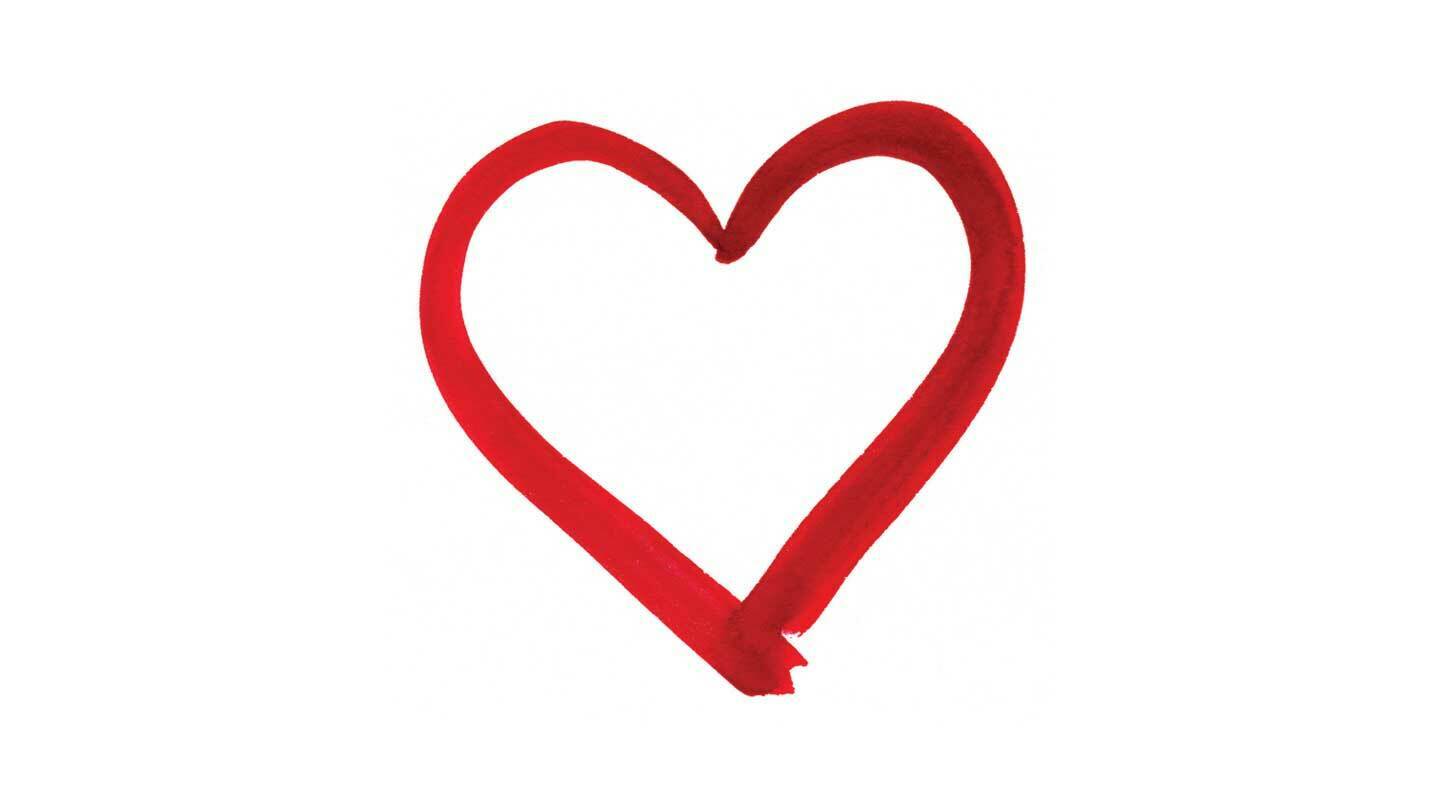Do you hate compliments, or worse, think you are unlovable? Have you been told you are your own worst enemy? Time to meet your inner critic and tell it (politely) where to go.
Comedian Ruby Wax, who has a Master’s degree in Mindfulness Based Cognitive Therapy, says the cause of our stress and unhappiness is – surprise, surprise – in our own heads. We are not straightforward creatures, we have many conflicting needs and wants, which, on a good day, keep us as balanced as a hung parliament.
But there’s a part of us that is at the root of our anxiety and depression: Wax calls it the Critical Voice. “No other species is as cruel as we are to ourselves,” Wax writes in her book Sane New World. “We’d never dream of treating our pets the way we treat ourselves.”
A certain amount of self-criticism can be a good thing; we can pinpoint areas that could be improved, or accept our limitations and focus on our strengths. In a secure individual, it acts like a coach, giving useful feedback rather than passing judgement.
But when that voice becomes bullying and abusive, you’re heading for trouble.

Those of us with low self-esteem will have a judgemental, critical voice, constantly telling us how wrong, bad or unattractive we are. But if you stop and listen to the way you criticise yourself, you might be shocked.
Mental health charity Mind says that it can be helpful to ask yourself: "Would I talk to, or think about, a loved one in such a negative way?" Were we to meet our inner critic socially, writes psychoanalyst Adam Phillips, they “would just be boring and cruel.
"We might think that something terrible had happened to them. That they were living in the aftermath, in the fallout of some catastrophe. And we would be right.”
Think about your own inner critic for a moment. Does it remind you of anyone? Wax refers to it as “a nagging parent implanted in our head.” Indeed, research has found that negative ideas about ourselves often stem from early childhood.
This isn’t about blaming anyone, rather understanding why we are the way we are, and how it doesn’t have to be this way.
Either because they want you to do well and keep you safe or because they’re passing on their own insecurities, your influencers may have instilled in you the idea that you ‘must’ do better, to focus on what you ‘should’ be.
Teachers, siblings, lovers, toxic friends, bullies and abusers can add to our low self-esteem. But their criticism wouldn’t stick so badly if we felt okay about ourselves, or understood that people who are cruel probably have a much nastier inner critic than our own.

Some of us are so used to this negative little voice harping on in our ear, we don’t even stop to question it. Of course, our bum is the hugest on the planet and, obviously, we are so greedy/useless/ scatty that everything we attempt to do is doomed from the outset. Wait. Really?
People with self-esteem problems tend to believe that the voice is right and therefore all other opinions about themselves are wrong. If you analyse the comments, they usually prove unfounded and exaggerated.
They are not words of wisdom, but of fundamentalism: the world isn’t black and white, you are not all bad or good, but both and, if you make a mistake, the world will not end. Not unless you are a lunatic with your finger on a nuclear button. Are you?
Compassion is the latest buzzword in mental health, drawing from Buddhism the way mindfulness does. Professor Paul Gilbert OBE, who created Compassion Focused Therapy, says compassion is more than simple kindness.
“People can be frightened of compassion because they think it is a weakness or an indulgence,” he says. “This is largely because they don't understand it. Put simply, the way we are is not our fault. How we choose to understand and work with our brains – for the wellbeing of ourselves and others – is, however, very much our responsibility.”
To cultivate compassionate wisdom takes courage, he says. But there are benefits to our own wellbeing, as well as to society. Gilbert’s work with the Compassionate Mind Foundation (see compassionatemind.co.uk) suggests that practising compassion not only relieves stress, but can liberate us from inherited behaviours.
“There is a lot of neurophysiological evidence that kindness and affection does help us calm our threat systems,” he says. “All over the world, academic researchers are revealing that by cultivating compassion, we stimulate many physiological systems that are excellent for our health and happiness.”

Just as we have an inner critic, we also have a compassionate self, or at least the makings of it. Whenever we care about others, from our nearest and dearest to a whale stranded on a beach, we are being compassionate. All we need to do it turn some of that kindness inwards. “We can never find peace in the outer world until we find peace with ourselves,” said the Dalai Lama.
When you make yourself soup when you’re ill, have a candle-lit bath when stressed or take a deep breath and say to yourself “you can do this”, you’re being compassionate.
Next time you stand before a mirror and hear the inner critic piping up with a list of faults, turn down the volume and be your own best friend instead. What would you say to someone you loved as opposed to someone you apparently loath?

You know how great it feels to be understood by someone, and how miserable to be misunderstood or written off? If someone tells you that you’re clumsy, you’re more likely to trip up. Such is the power of suggestion.
If you ask yourself why you dropped that cup instead of beating yourself up, you might work out that you’re tired, stressed or ill and need a break. The solution to any problem is not to shout and scream at it, but to understand why it arose and deal with the deeper issue.
Okay we’re not going to get all Californian and bang on about self-love, but know this: liking and loving yourself is not the same as being self-obsessed or selfish, words that your inner critic will almost certainly fling at you if you show yourself kindness. Practising self-compassion not only stops the self-abuse, it’ll improve your relationships as you become more compassionate to others.
A random act of kindness can restore our faith in humanity. In a world torn apart by hate and mistrust, it is essential to work on our compassion.

Scarlet Spy
2nd January 2018
Spy Likes:
Nature-inspired spas, cold water plunges, sound baths, deep tissue massage, delicious food.
Spy Dislikes:
Thin walls in treatment rooms, lounger hoggers, soggy robes, bright lights.
